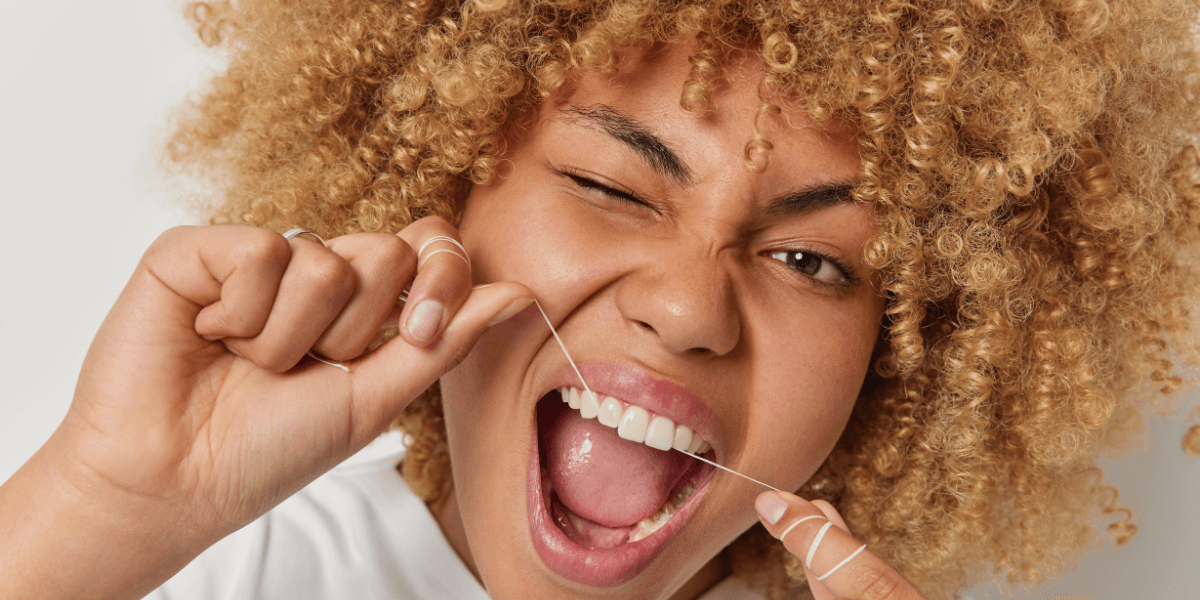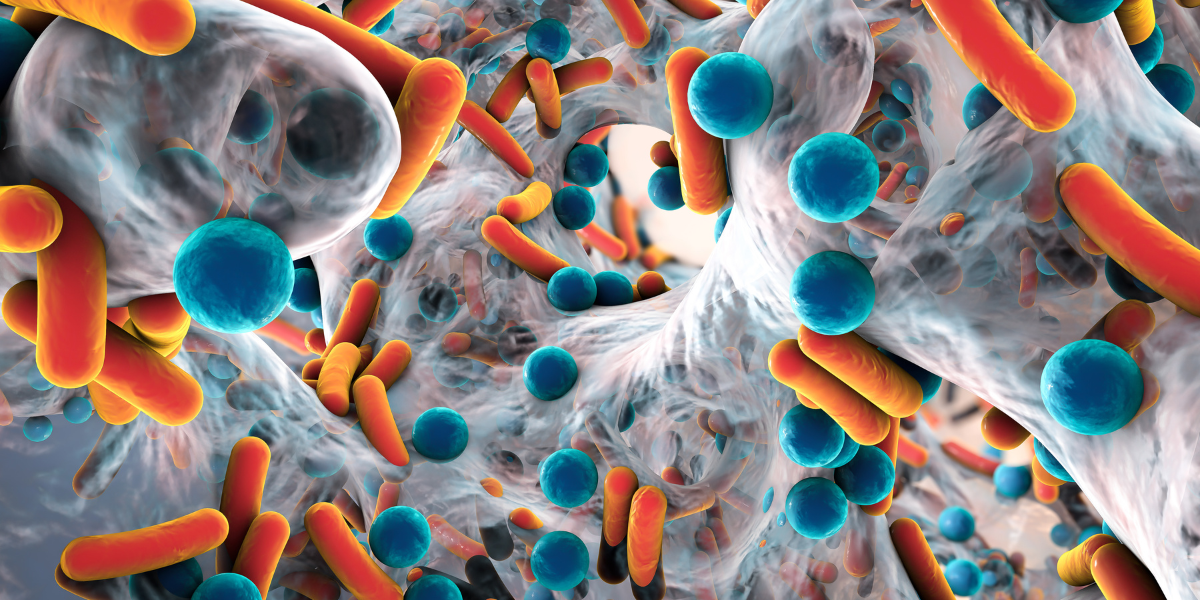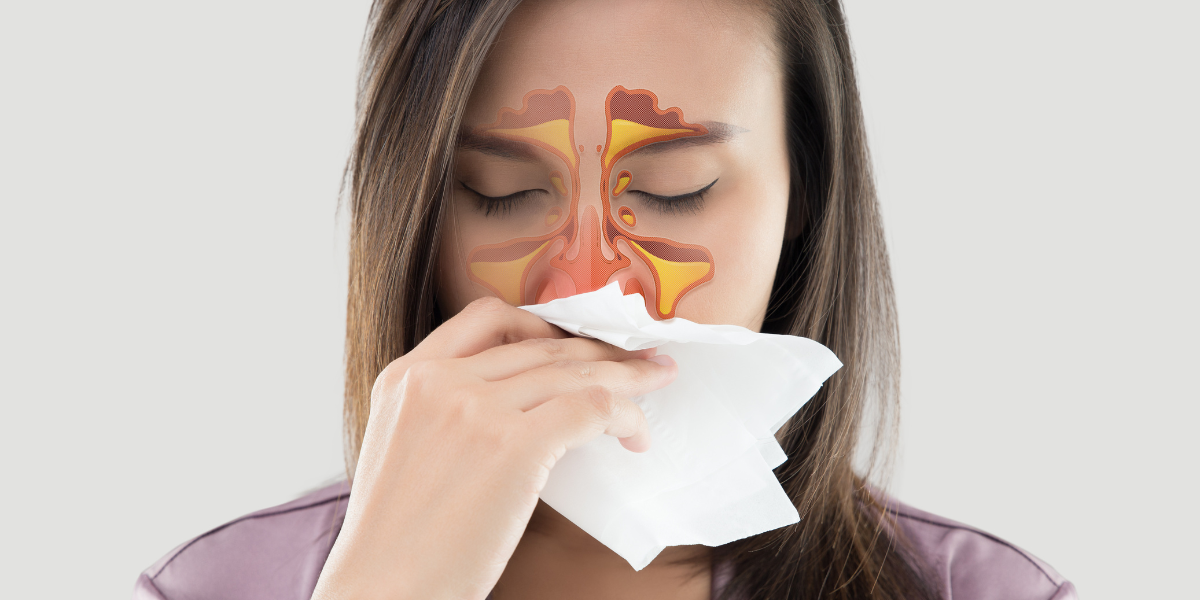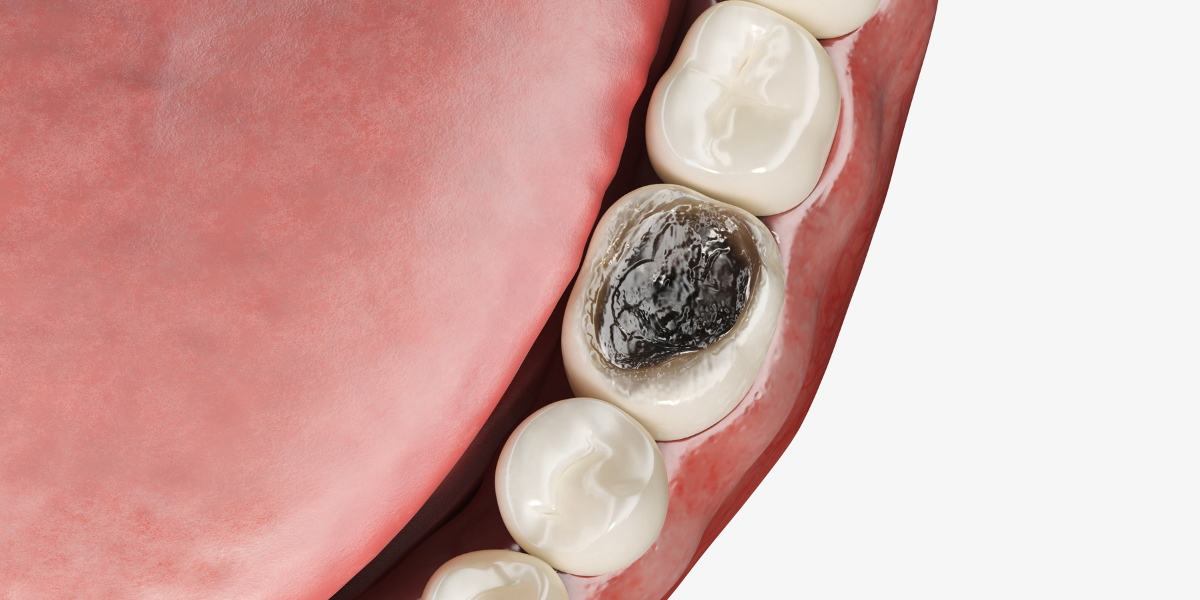What you don’t know about mouthwash and which to avoid

Why some mouthwashes can actually cause bad breath and damage rather than prevent it.
Why you should remove certain mouthwashes from your oral care routine
Using mouthwash is a familiar part of our oral care routine. Many rely on mouthwashes to help them to battle bad breath, however some can contribute to adverse effects to our oral health. While the use of mouthwashes does not replace brushing and flossing, the usage of certain mouthwashes might prove beneficial for some people.[1]
Do you need alcohol in your mouthwash to enjoy the cleaning benefits?
Many mouthwashes contain alcohol that produces a familiar burning sensation that many perceive to be what is cleaning their mouth. The alcohol that is in some mouthwashes actually strips away good bacteria along with bad bacteria from our oral microbiome. This reduces saliva production and can contribute to dry mouth, and in-turn increase your risk to cavities. Having sufficient saliva in your mouth is important to lubricate your oral environment.[2]
Types of Mouthwashes
There are two main types of mouthwashes that are frequently used: cosmetic and therapeutic.[1] Cosmetic mouthwashes may temporarily control bad breath and leave behind a pleasant refreshing taste. They do not however treat or prevent plaque buildup, prevent decay, kill bacteria that causes bad breath, or provide any other lasting benefit.[1]
Therapeutic mouthwashes can help to reduce plaque, gingivitis, dissolve oils that contribute to bad breath, and help to prevent tooth decay. They may contain active ingredients that are beneficial for building up good bacteria in the mouth such as fluoride, xylitol, essential oils, and zinc.[1] Some prescription and over the counter mouthwashes can help provide relief and manage mouth sores or irritation that may occur when undergoing chemotherapy or radiation treatments.[3] The ultimate goal in our oral care routine is to limit decay and gum disease. Using a therapeutic mouthwash can help us to achieve this goal along with thorough brushing and flossing.
What You Can Do
Your diet is a contributory factor in the health of your oral microbiome. A modern diet often contains high levels of sugar, acidic, and processed foods that contribute to a lowered pH level in the mouth. A lowered pH level coupled with an overgrowth of bad bacteria in our mouths contributes to an increased presence of cavities, stains, and the prevalence of bad breath. Certain health conditions such as diabetes or chronic acid reflux can contribute to bad breath.[3] Consuming a diet that is rich in calcium, vitamin D, magnesium, phosphorus, and using a pH balancing mouthwashes can be beneficial to maintaining an optimal healthy oral microbiome.
Often bad bacteria is present on our tongue. Using a tongue scraper can help to remove this harmful bacteria that contributes to bad breath, cavities, and improves digestive health.[2] The key to a healthy microbiome is keeping the oral bacteria balanced, practicing good oral hygiene habits, and regularly going to your dentist. A dentist can help you to determine the root cause of your dental issues and help treat the cause rather that you just treating the symptoms.[3]
References
- ADA. (2021, December 1). Mouthrinse (Mouthwash). https://www.ada.org/resources/research/science-and-research-institute/oral-health-topics/mouthrinse-mouthwash
- Burhenne, Mark. (2018, July 10). Is Mouthwash Bad for You? Best Mouthwash + Risks and Alternatives. https://askthedentist.com/mouthwash-risks-and-alternatives/
- The Ohio State University. Mariotti, Angelo. (2022, March 8). https://health.osu.edu/health/dental-health/does-mouthwash-kill-the-mouths-healthy-bacteria







